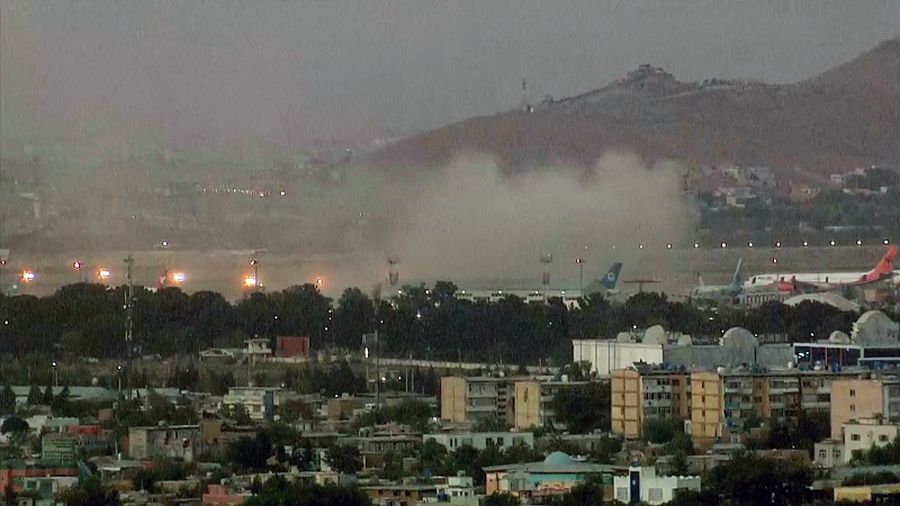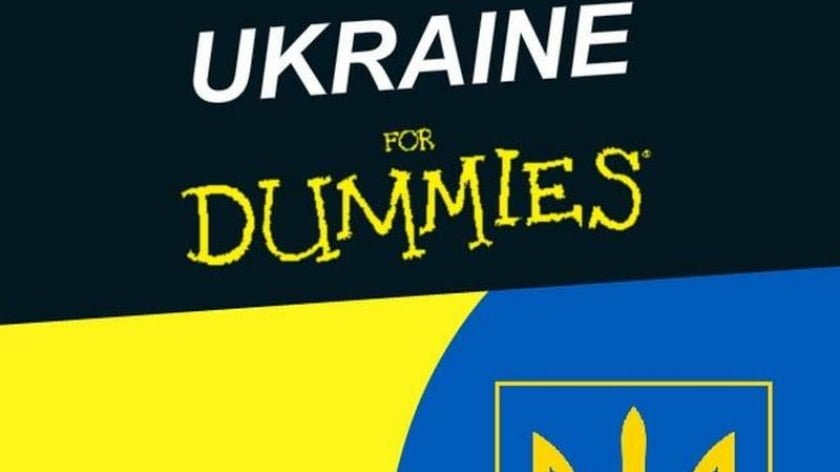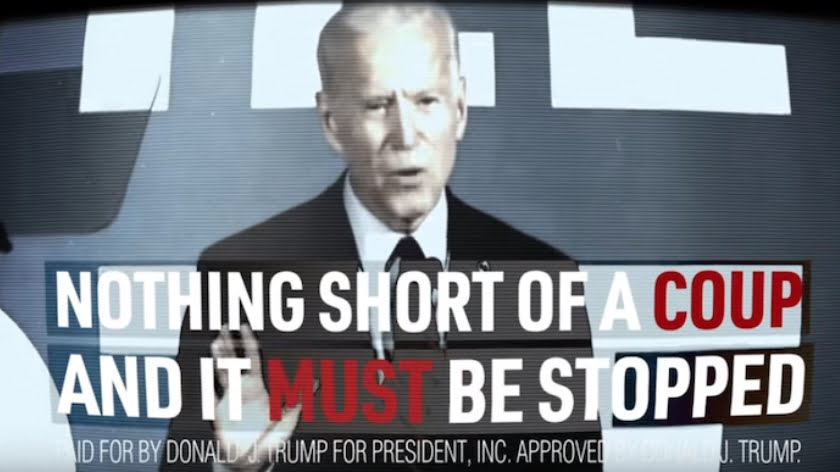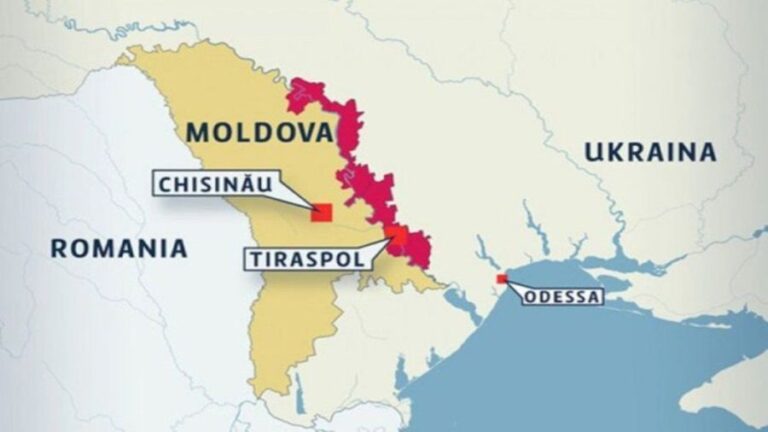ISIS-K’s Kabul Airport Terrorist Attacks Were Inevitable
The world’s eyes are on that site so any terrorist group, let alone one as publicly-hungry as ISIS-K, would have regarded it as too tempting of a target to pass up.
The international community is shocked by ISIS-K‘s three attacks (and counting?) at the Kabul Airport that killed dozens of people, including at least 10 US soldiers, according to initial reports. A Taliban spokesman, whose group is still designated by Moscow as terrorists despite the Kremlin pragmatically engaging with it in the interests of peace and security, told Russian media earlier in the day that his group was the one that warned NATO about the impending attack that he claimed would be carried out to discredit them.
That scenario was the last thing that the Taliban would have wanted to happen because it risks providing the US the pretext for extending its withdrawal deadline in order to evacuate more of its citizens and their local allies. Be that as it may, it’s unclear whether the US will do that or if it might even prematurely end its operations. In any case, there shouldn’t be any question that none of this is the Taliban’s fault. ISIS-K is its sworn enemy, and the Taliban have gone to great lengths to present themselves as responsible security stakeholders.
Nevertheless, the Kabul Airport attack was inevitable. The world’s eyes are on that site so any terrorist group, let alone one as publicly-hungry as ISIS-K, would have regarded it as too tempting of a target to pass up. Furthermore, it’s a relatively “soft” target too because of how many civilians were swarming around the site despite recently being told to go home for their own good. Many didn’t heed these warnings out of desperation to escape the Taliban whom they sincerely fear despite the group promising not to carry out any reprisals.
Many commentators are pointing fingers trying to stick the blame on US President Joe Biden and/or the Taliban, but this is nothing more than a political exercise that overlooks the larger strategic dynamics at play. It should be taken for granted that certain lobbying forces might exploit this attack to pressure the American leader to extend the withdrawal deadline, order retaliatory strikes, or even wrap up his country’s evacuation operations before their deadline, but this shouldn’t be interpreted as meaning that some forces “were in on it”.
Although the original ISIS from which its “Khorasan” branch in Central & South Asia is derived was at the very least easily “corralled” by the US in the direction of shared interests (which in the “Syraq” case were Baghdad and Damascus), ISIS-K appears to be much more “autonomous”. The argument can be made that the group’s rise was the US’ “Plan B” for Afghanistan after its “Plan A” of an indefinite occupation there failed while its “Plan C” is the “Panjshir Resistance”, but this doesn’t mean that the US is completely “pulling its strings”.
Rather, ISIS-K operates opportunistically like all ISIS franchises by usually taking advantage of preexisting chaos exactly like what’s present in Afghanistan right now. The rapid collapse of the Ghani Government could have created a black hole for it to exploit had the Taliban not swiftly moved in to fill the vacuum, which importantly included seizing control of the thousands of pieces of American military equipment before its sworn enemies could, but there should have been no doubt that ISIS-K would at least try to attack the Kabul Airport.
The terrorist group was tempted by the thousands of civilians there, the Taliban obviously had difficulty with ensuring the site’s security since they’re an insurgent group that only just recently began taking on conventional security responsibilities in Kabul, and the entire world was glued to their screens watching the West’s panicked evacuation over the past two weeks. If the US or any of its allies were secretly behind this attack like some in the Alt-Media Community speculate, then the Taliban would have called them out ahead of time.
They didn’t, however, despite defying global “political correctness” by claiming that “there was no proof” that Osama Bin Laden was involved in 9/11. The group clearly isn’t afraid to share its interpretation of events so it wouldn’t make much sense for them to go against the conventional narrative about one of this century’s most influential events while self-censoring their views about who might have been plotting the Kabul Airport attack that they warned NATO about, especially if they felt that one of its members like the US was secretly behind it.
As difficult as it might be for some to countenance for whatever reason, sometimes even groups whose origins are connected with the US like ISIS’ are (considering that many of its founding members used to be imprisoned by the Americans in Iraq) “autonomously” carry out attacks without any secret foreign intelligence hand guiding them. They simply saw an opportunity and went for it, which in this case was intended to generate global publicity for their terrorist cause as well as possibly somehow or another influence the West’s withdrawal.
It remains to be seen exactly what ISIS-K’s goals were in carrying out these attacks. One line of thinking is that it wanted the West to remain mired in the Afghan quagmire to fight them and thus provoke the Taliban’s ire too by extending their withdrawal deadline. Another, however, maintains that the group hoped that they’d prematurely depart and thus score a soft power victory of sorts for their cause by making it seem like they were scared away by the attacks into abandoning the rest of their citizens and their local allies to public outrage.
Either way, the importance of what just happened is that it was inevitable, more than likely doesn’t have any connection to foreign intelligence agencies, and also proves beyond any shadow of doubt that those terrorists are against the Taliban. There will likely be more such attacks since ISIS-K just succeeded in recapturing the world’s attention, but it’s uncertain whether they’ll have the staying power to launch a sustained terrorist insurgency against the Taliban.
It would be a twist of fate if the Taliban eventually requested US military assistance against the group such as through airstrikes or special forces raids. Of course, that’s just pure speculation at this point since there’s no evidence that it’s considering such a thing, but if everything continues to deteriorate in the worst-case scenario, then the Taliban might have to rely on some sort of foreign support in order to retain power. The US might also bomb ISIS-K without the Taliban’s approval under the pretext of killing the Kabul Airport attacks’ organizers.
Either of these two scenarios could immensely complicate the post-withdrawal strategic situation in Afghanistan and neither should be completely ruled out at the moment. Everything is too fluid to make accurate predictions about what comes next other than the seemingly obvious one of more ISIS-K terrorist attacks. Their expected consequences are unclear, but what can be said for sure is that the situation is becoming more chaotic ahead of the West’s planned withdrawal instead of stabilizing like many hoped.







